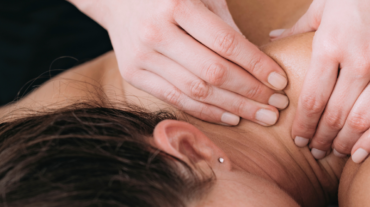What is premenstrual syndrome?
At one time premenstrual syndrome (PMS) was regarded as a psychological disorder, but thankfully now is recognized for what it truly is: a complex set of symptoms associated with your natural menstrual cycle. PMS affects a large majority of women, who may exhibit the following manifestations to minor or extreme degrees:
- depression
- anxiety
- irritability
- cramps and bloating
- headaches
- insomnia
- breast soreness
- fatigue
Symptoms tend to start during the second half of your menstrual cycle (approximately 14 days after the start of your last menstrual period), and usually abate a day or two after your next period begins. Premenstrual syndrome can affect women of any age, and the effect is usually different for each woman so don't be worried if your symptoms are vastly different from that of a friend or family member.
Risk factors for extreme premenstrual syndrome symptoms include low serotonin levels (often associated with clinical depression), poor diet, and stress. Physicians may prescribe antidepressants, or any variety of pain killers such as ibuprofen or acetaminophen.
How can natural medicine help premenstrual syndrome?
Suggestions for complementary approaches include dietary modification such as avoiding sugars and taking calcium supplements. Also, sufferers should consider acupuncture and TCM (acupuncture can help regulate hormone levels and herbs such as ginkgo can help with depression), yoga (many postures help alleviate symptoms) and massage therapy (which can greatly help stress levels).
Contact us for a FREE consultation on how natural therapy can help you alleviate premenstrual syndrome symptoms.
These links may also be helpful:







